
The UK's peat bogs store more carbon than the forests of Britain and France combined, but they are under threat - ironically in part from renewable energy development. An urgent international call for action on peatland protection and restoration has been made today following the release of findings at a landmark peatlands conference. Delegates heard that a loss of only 5% of the carbon stored in UK peatlands would equate to the total annual UK greenhouse gas emissions.
The conference, Investing in Peatlands: Delivering Multiple Benefits, has been organised by the International Union for the Conservation of Nature (IUCN) UK Peatland Programme in partnership with Scottish Natural Heritage (SNH) and Scottish Environment Protection Agency (SEPA). The event has drawn together a wide range of scientists, experts and land managers from across the UK and internationally.
The IUCN UK Commission of Inquiry on Peatlands has undertaken one of the most extensive assessments of peatlands ever carried out in the UK. The findings were presented at a three day conference at the University of Stirling, where speakers highlighted the huge significance of peatlands to society and the urgent need for action to protect them.
Over 50 experts were involved in gathering the evidence for the inquiry with input from over 300 organisations and individuals. The findings show that peat soils cover a third of the UK land area. The key peat forming habitats of bogs and fens, which support important plants and animals, are now greatly reduced in area but are still our largest areas of semi natural habitats, and one with which many hillwalkers will be very familiar.
Globally the vital role of peatlands has been recognised in connection with biodiversity, water and carbon storage. Damage from development, drainage, fire and over grazing by animals has left many peatlands in a degraded state with costly consequences.
Though representing an administration that continues to sanction major engineering developments that damage peatlands Environment and Climate Change Minister Stewart Stevenson said:
'The Scottish Government has long recognised the benefits provided by our peatlands. We have been willing contributors to the inquiry's work and have funded research partners such as SNH and RSPB to show the benefits peatlands provide and ways in which they can be maximised.'
'I am delighted that the Stirling conference will provide the opportunity to show what Scotland through our landscape, experiences and stakeholders can offer to this important debate. The Inquiry's findings will be an important contribution to demonstrating the multiple benefits which well managed land can provide.'
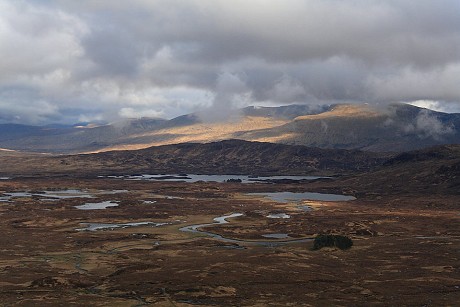
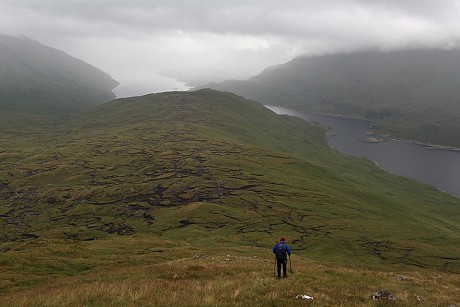
In all four UK countries the inquiry found examples of world leading expertise in peatland management and restoration techniques aimed at helping reduce carbon emissions, supporting biodiversity and improving water quality. The conference heard that extending this effort to ensure a greener future for our peatlands would bring widespread benefits and avoid costly problems from past damage.
Susan Davies, SNH's director of policy and advice said:
'Peatlands are our past, present and our future. The results of the peatlands inquiry clearly show the importance of restoring and enhancing peatlands in the 21st century. With climate change increasingly becoming a challenge for all of us, we must all come together to protect and restore our boggy heritage.'
Lord Jamie Lindsay, chair of Scotland's Moorland Forum said:
'There is a clear case for resources to support those managing peatlands for wider public benefit. Another positive step would be to establish showcase peatland restoration areas across the UK to demonstrate how natural improvements can be achieved and bring gains for society as a whole.'
James Curran, SEPA's director of science and strategy, said:
'Climate change is the most pressing environmental issue facing humanity and peatlands have a key role in tacking that challenge, as well as the many other benefits they provide to nature and society. We're pleased to support the Peatlands Commission findings and will be working with all our partners to ensure we all do what we can to protect and restore our precious peatlands.'
The conference is part of a series of annual 'Investing in Peatlands' conferences from 2010 to 2012. For more details see the IUCN website.

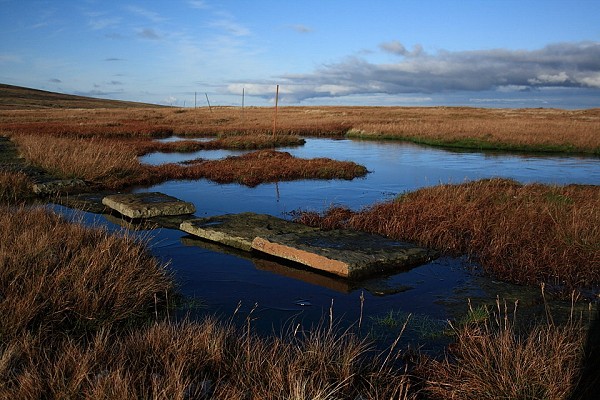

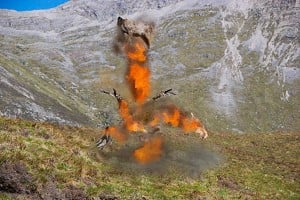



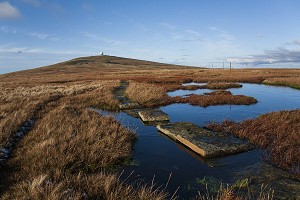

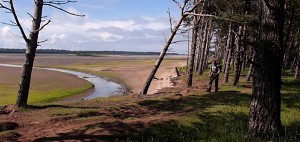

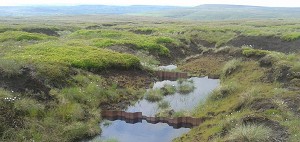

Comments